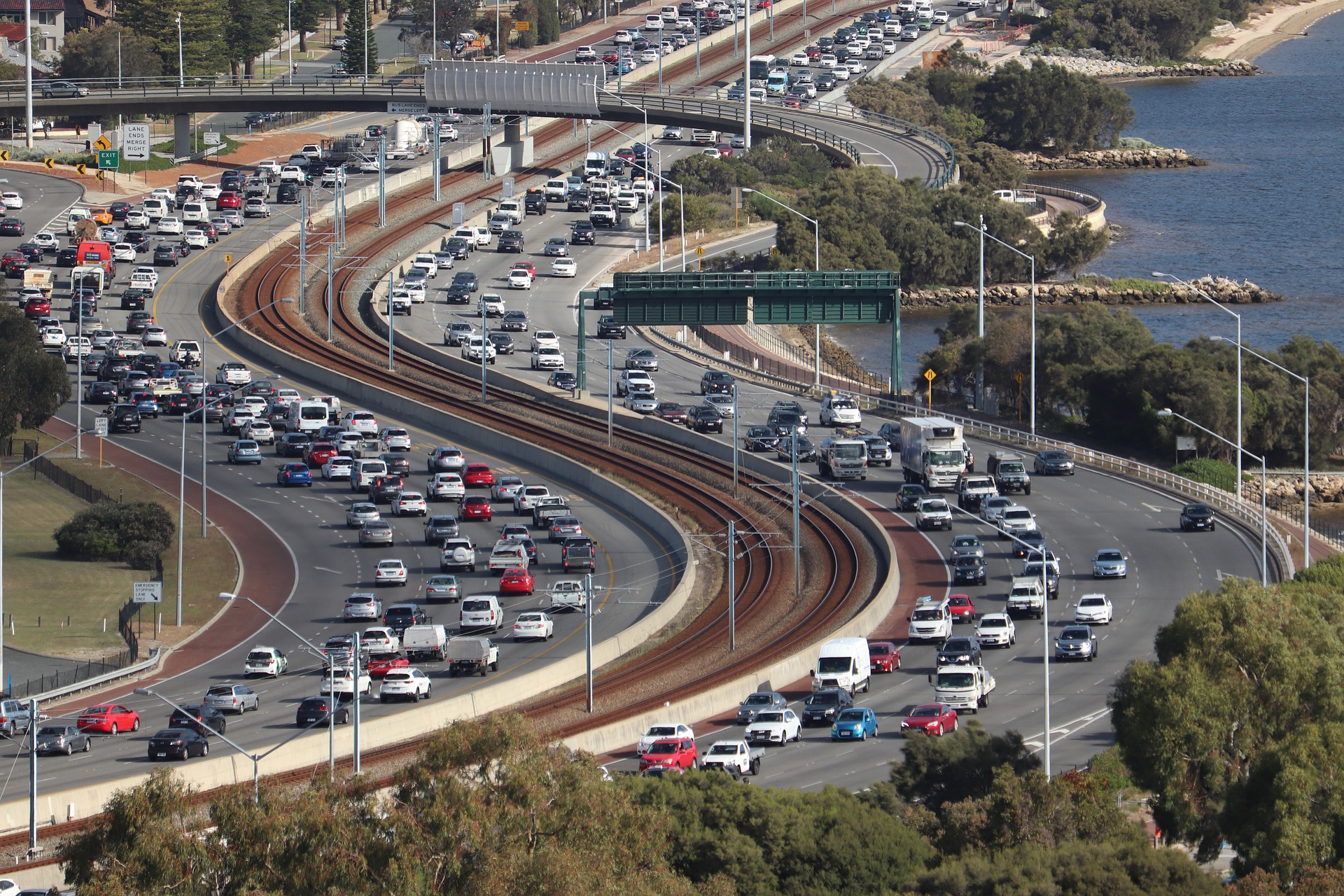
The Effect Of The Fuel Duty Rise On The Economic Recovery Of The Logistics Industry
This autumn, during the budget review, it is rumoured that Chancellor Rishi Sunak is considering ending the current freeze on fuel tax, FleetNews reports. This could see fuel duty increase as much as 5p, resulting in a spike in overall costs per litre. It’s thought that this move is being considered following the Coronavirus crisis, and the impact the pandemic has had on the British economy. However, ending the freeze on fuel duty would bring harsh implications for the logistics industry, which is already in a recovery period following the hard times of this year.
As such, the organisation FairFuelUK which is backed by the Road Haulage Association (RHA) and Logistics UK (formerly FTA), has said it will “fight tooth and nail” against these plans.
The end to the fuel duty freeze would undoubtably result in a rise in this type of tax, and to no limit too. Below, we’ll discuss what that could mean for the logistics industry, and how it might impact the sector’s economic recovery that follows the Covid-19 pandemic.
What Was The Impact Of Covid-19 On The Logistics Industry?
Covid-19 brought down tough times on most businesses in the UK, logistics was not exempt from that.
Following the shutdown of restaurants, some retail stores and other entertainment facilities, there was a big disruption to the supply chain. According to TouchStar, at the end of March, 76 per cent of people surveyed in the logistics sector said they’d experienced a general downturn in business. By 3rd April, 69.5 per cent of companies asked had scaled back or suspended operations.
However, logistics was one of the businesses that did keep ticking through the pandemic to a certain degree. Drivers are amongst our key workers, and the country relied on logistics operators to keep shop shelves full, as well as to transport crucial medical supplies.
Following the easing of lockdown restrictions, many are now reporting normal supply chain performance, TouchStar reports. Nevertheless, lasting damage is evident and the logistics industry is still in a recovery phase of sorts.
What Could A Fuel Duty Rise Mean For The Sector?
A lift on the fuel duty freeze would mean this tax could rise without limits. Meaning that the cost per litre of petrol and diesel, will more than likely increase, shortening profit margins for logistics providers and raising expenditure. With the sector already in recovery, an implication of this magnitude could result in:
- Issues with logistics recruitment and closing the skills gap
- Longer time taken for sector recovery
- Less budget for innovation within the sector
- Disrupted supply chains due to less resource available
- Logistics providers being unable to operate at normal capacity
- Service prices may have to increase to recuperate losses
Despite the consideration of higher tariffs, UK drivers are still the most taxed in the world when it comes to fuel, according to FairFuelUK. They also predict that had the fuel duty escalation continued as planned from 2011 onwards (as opposed to being frozen), then fuel duty today could be as high as 83.33p per litre rather than 57.95p per litre, a 43.8% increase. This poses a serious expense not only to logistics companies, but household drivers too.
Currently, rates are capped at 57.95 pence per litre for petrol and diesel but lifting the freeze could see this figure rise by as much as 5p.
An increase of this magnitude could seriously impact the recovery of the logistics industry following months of uncertainty. Higher fuel costs, meaning the price per job increases and either profit margins get lower, or prices have to increase. Either outcome is not favourable for logistics providers and their clients, this is why the industry must rally behind the likes of FairFuelUK, who are imploring the Government to consider the logistics sector, and what the end of the freeze on fuel tax could mean for it.
What Happens If Fuel Duty Remains Frozen?
A freeze will give the industry the chance it needs to get back on track, and to continue servicing the country in the way that it did post, and even during the national lockdown. What are your thoughts? You can interact with us on Twitter and LinkedIn, and remember you can engage with FairFuelUK to help to urge the chancellor to continue with the fuel duty freeze this autumn.









